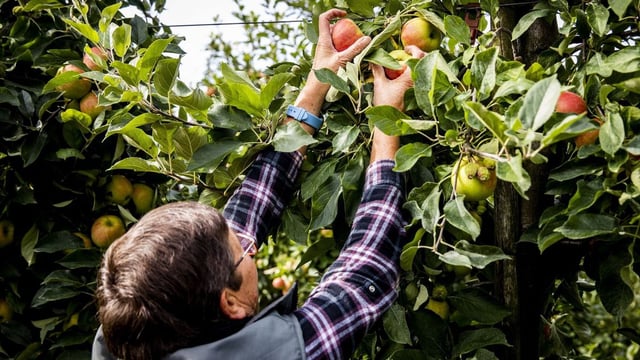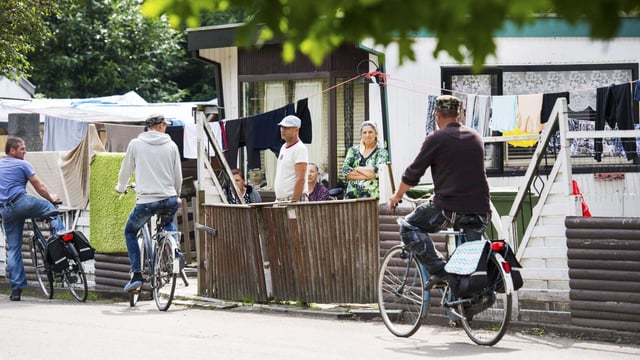Overview
- New reports from Gelderland, Rijnmond and Utrecht show most municipalities do not know how many labor migrants live or work locally, increasing risks of exploitation, unsafe housing and street homelessness.
- Rotterdam reports 42,127 European labor migrants registered on July 1, 2025, a figure that excludes non‑EU workers, unregistered residents and the reason for migration.
- Workers obtain a BSN via the non‑resident registry and are only required to join the municipal population registry after four months, leaving many seasonal and short‑stay workers off the radar.
- Some areas are piloting fixes, including a Rivierenland night register with spot checks, regional cooperation agreements in the Achterhoek, 1,000 planned short‑stay beds in the Arnhem‑Nijmegen region by 2028 and a provincial process manager in Gelderland.
- Experts cite municipal reluctance due to a feared “waterbed effect” and call for regional and national coordination, with estimates that nearly one million labor migrants are in the Netherlands and numbers likely to grow through 2035.

